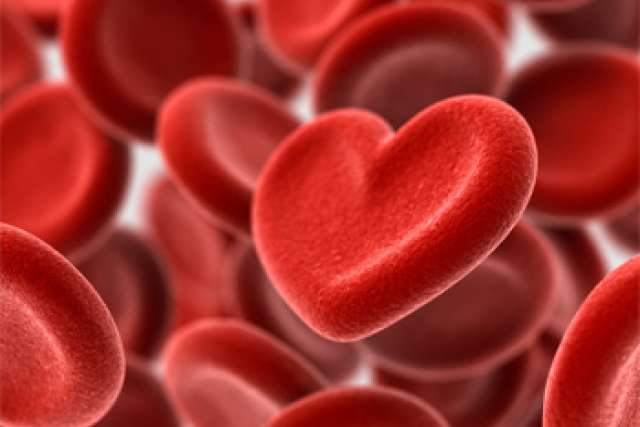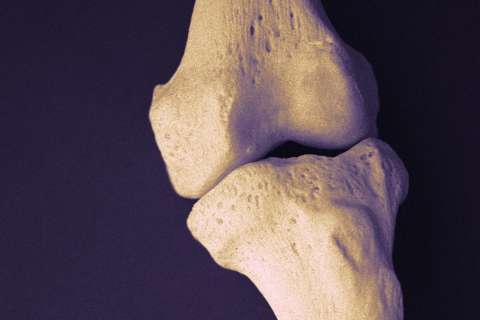Dear Doctors: I am a 54-year-old man, and I'm recovering from a heart attack. My doctor is monitoring my heart and my kidneys. (So far, they are fine.) She says a heart attack puts you at risk of kidney disease. Why is that? What can be done to prevent it?
Dear Reader: We tend to think of the different organs in the body in terms of their primary functions. The heart pumps blood, the lungs supply oxygen, the stomach digests food and so on. And because those tasks are highly specialized, it can seem that each organ works alone, unaffected by the others. However, the reality is far more complex.
Our organs, each of which performs multiple functions, operate as part of an interconnected ecosystem. Even a small glitch in one can adversely affect the others, and possibly snowball to a system-wide problem. The relationship between the heart and the kidneys is an excellent case in point.
The heart, as we know, pumps oxygenated blood throughout the body. The kidneys filter waste and excess fluids from the blood, produce urine and send it to the bladder to be released. It's not a small job -- healthy kidneys filter about a half cup of blood per minute. Working together, the heart and kidneys help maintain optimal fluid balance in the body.
To do their job properly, the kidneys need a steady supply of blood. For a healthy heart, that's not a problem. But when cardiac tissues are damaged in a heart attack, their ability to pump blood can become impaired. That can trigger a cascade of complications.
When the heart can't pump efficiently, the chambers become congested with blood. This causes a buildup of pressure in the main blood vessel that connects the heart and the kidneys, and in the kidneys themselves. In an effort to restore normal blood flow, the body secretes a hormone that raises blood pressure. This forces the heart muscle to labor even harder. Over time, the increased pressure causes damage to the delicate filtering structures in the kidneys, and to the heart. Meanwhile, the body's optimal fluid balance is disrupted. This is harmful to the heart and kidneys, and to the lungs, liver and other body tissues as well.
A full assessment of kidney function is often a part of cardiac care after a heart attack. When kidney function is normal, as has happened in your case, regular follow-ups with your primary care physician are often adequate. When blood or urine tests indicate kidney disease, the person will be assessed for high blood pressure, glucose control and blood lipid levels, and any problems will be addressed with the appropriate medications.
Because the kidneys are no longer working at full capacity, diet becomes very important. People living with kidney disease must limit salt, which can raise blood pressure. Those with advanced kidney disease must also limit potassium, which can build up in the blood and adversely affect the heart. The proper balance of protein is also important.
Due to these many complexities, it is helpful to seek guidance from a licensed dietitian.
(Send your questions to [email protected], or write: Ask the Doctors, c/o UCLA Health Sciences Media Relations, 10960 Wilshire Blvd., Suite 1955, Los Angeles, CA, 90024. Owing to the volume of mail, personal replies cannot be provided.)





